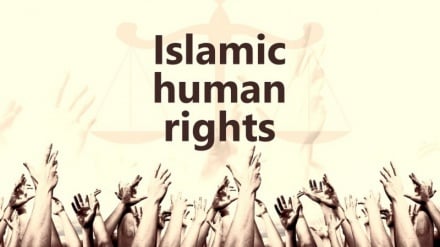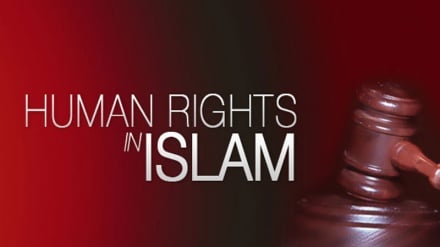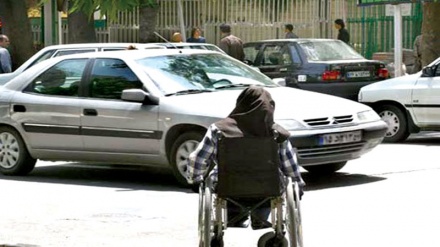Islamic Human Rights (40)
Today, we become familiar with the individuals’ right to privacy in Islamic human rights.
Last week, we spoke of the right to security and its different types. Today, we study other types of security such as the right of individuals’ to privacy. Accommodation is the place of residence and comfort of the individuals and their families, in which they should be able to relax and rest. The places of residence should generally be immune from the unpermitted entry of other individuals. Holy Quran has attached significant importance to the right of individuals to privacy in their homes.
The 27th and 28th ayahs of Surat al-Nur in Holy Quran note: “O you who have faith! Do not enter houses other than your own until you have announced your arrival and greeted their occupants. That is better for you. Maybe you will take admonition. But, if you do not find anyone in them, do not enter them until you are given permission and if you are told: ‘Turn back, ‘then do turn back. That is more decent for you. And Allah knows best what you do.”
The global legal system has prohibited any unpermitted interference in the individuals’ places of residence. The 18th Article of the Universal Declaration of Human Rights points out that individuals’ houses and places of residence should be honored and one should not enter others’ houses illegally and without the related occupants’ permission.
In fact, the security of the places of residence of individuals is of paramount importance. Anyone should be able to freely choose his place of residence, and/or change it. The selection of the place of residence is one of personal rights and freedoms, making it possible for the individuals to select the most appropriate place of residence, and to benefit from the positive aspects of their places of residence within the boundaries of law.
The 2nd clause of 13th article of Universal Declaration of Human Rights has emphasized freedom of individuals to choose their places of residence.
The sacred religion of Islam has considered the freedom of choice of individuals in selection of their places of residence, within the framework of the community’s interests.
Every individual maintains a number of private and public relations at work and within family. The nature of such relations is such that they do not remain concealed from anyone. However, every individual maintains a number of completely private issues which should not be violated by other members of the community. Interference and entry into the private life of individuals is unethical, in any form and shape.
A glance at the privacy of individuals shows that the right of individuals to privacy has always been treasured and supported in different cultures and communities. However, to this date, no single definition, interpretation, or description been rendered on the right of individuals to privacy, which is due to differences of cultures, and political, social, and cultural changes in communities throughout the course of history, and the differences in viewpoints toward this right.
The privacy of individuals is a concept, whose definition depends on environmental conditions.
The right of individuals to privacy has been pointed out by the international rules and regulations. The 12th article of the Universal Declaration of Human Rights which was approved in 1948 is directly related to the issue of right of individuals to privacy. Similar rules and regulations on human rights have been included in international rights treaties, the European Convention, and other regional conventions and agreements.
The 3rd article of the Universal Declaration of Human Rights notes that all individuals maintain the right to personal life, freedom, and security. According to the 12th article of the Universal Declaration of Human Rights, no one has the right to illegally meddle in the private life of individuals.
Furthermore, the Islamic Human Rights Declaration states everyone maintains the right to independence in their private lives.
The right of individuals to privacy is one of the most valuable concepts of the developed legal systems. This right is closely bonded with human dignity. The goal behind grant of this right is to elevate human character and to honor the material and spiritual aspects of mankind. The right of individuals to privacy is tied to the independence and freedom of individuals, and their right to take their destiny into their own hands, and sets the stage for the growth and development of individuals’ personal traits. The right of individuals to privacy allows human beings to follow up on their personal goals. Islamic teachings have always put emphasis on the right of individuals to privacy. Several ayahs of Holy Quran have emphasized the right of individuals to privacy. The divine religion of Islam has emphatically honored the privacy of individuals.
MR/ME


